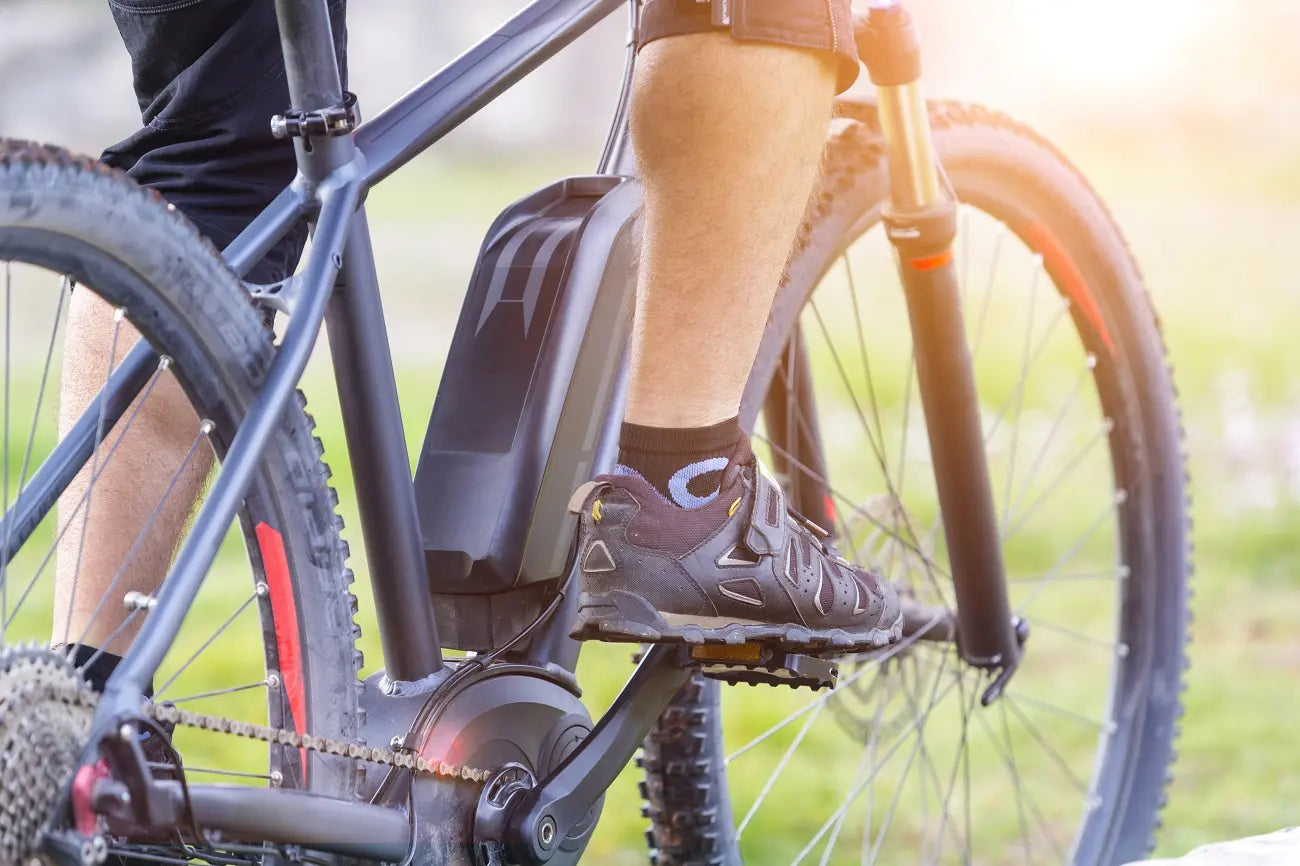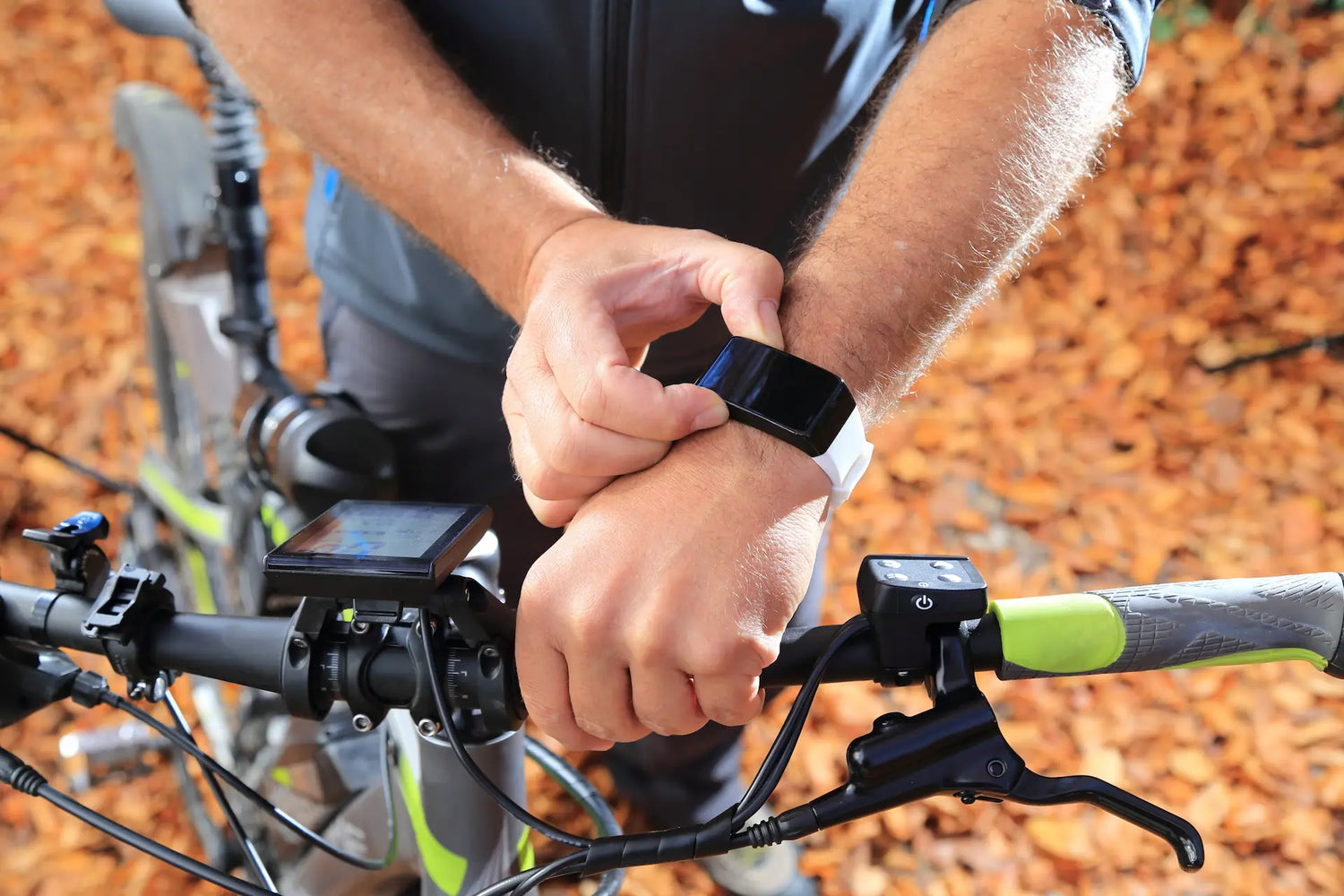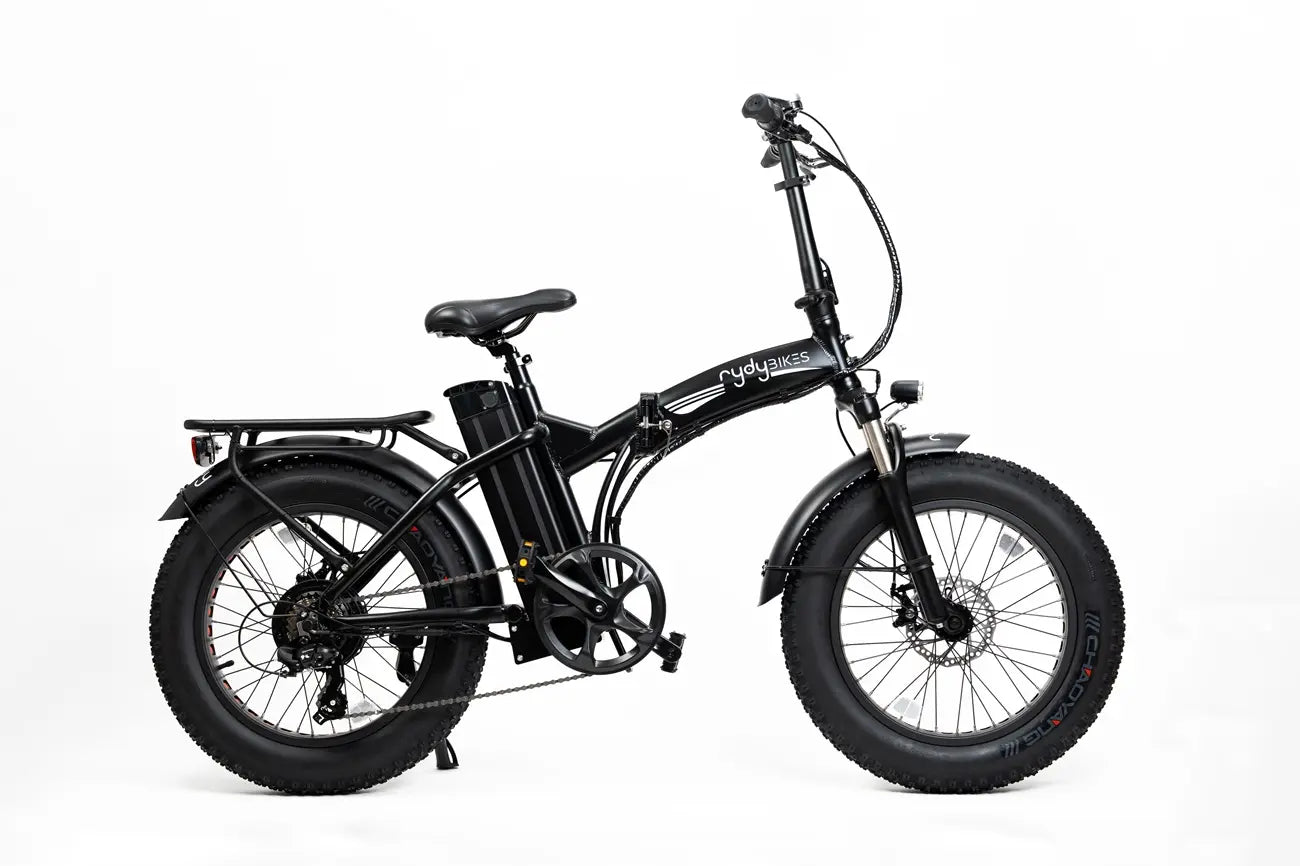
Electric Bike Conversion Kit vs Buying an Electric Bike
Updated: 01/16/24
As electric bikes gain immense popularity for their eco-friendly and efficient transportation qualities, a common dilemma emerges among cycling enthusiasts: choosing between converting a regular bicycle with a kit or investing in a purpose-built electric bike.
At Rydy Bikes, we understand this crossroads well. This article aims to provide a comprehensive comparison between electric bike conversion kits and purchasing a complete electric bike. Our goal is to guide you through an informed decision-making process, ensuring that your choice aligns with your cycling needs and preferences.
What Is an Electric Bike?
Electric bikes, or e-bikes, integrate a battery-powered motor into traditional bicycles to assist pedaling, enhancing the rider's ability to climb hills, cover longer distances, and reduce physical strain. This combination allows riders to control the level of assistance provided by the motor, which is powered by a rechargeable battery.
Available in various styles, including mountain, cruisers and folding bikes, e-bikes cater to diverse riding preferences and terrains, making them a versatile choice for different types of cyclists.
What Is an Electric Bike Conversion Kit?
An e-bike conversion kit is a set of components that allows you to transform a regular bicycle into an electric bike. This kit typically includes an electric motor, a battery, a controller, and other necessary parts like ebike throttles and ebike displays.
By installing the electric motor on the bike's wheel or drivetrain, and connecting the ebike battery and controller, the kit enables the bicycle to gain electric propulsion. This upgrade offers the rider the benefits of an ebike, such as assisted pedaling and increased speed, without needing to purchase a new electric bike.
Ebike Conversion vs Ebike Purchase: What's the Best Investment?

Cost Analysis
Purpose-built ebikes typically demand higher initial investments, ranging from $1,000 to $5,000 or more, depending on factors like power, range, and features. However, conversion kits offer a more budget-friendly option, with prices starting around $500 to $1,500.
If the ebike conversion kit is built properly, it will require as much maintenance as a prebuilt ebike and the maintenance will be easier since the components are easily reachable and replaceable. Maintenance in a prebuilt ebike may require more labor since the components are built into the body of the bike and are therefore harder to reach and harder to replace.
Performance
When comparing the performance of purpose-built electric bikes and converted bikes, several factors stand out.
Purpose-built e-bikes typically feature motors ranging from 250 to over 750 watts. They usually achieve speeds up to 20 mph for standard models, and up to 28 mph for higher classes. A purpose-built electric bike could easily achieve a range of 25-70 miles on a single charge.
While conversion kits offer similar power ranges and speeds, the efficiency and output can be less predictable, dependent on the kit's quality and the original bike’s design. Make sure you check the battery’s specifications for voltage, amp hour, current amp, cell quality, cells' placements, and more to assess its performance.
Ease of Installation and Use

When opting for a brand new electric bike, you get a machine specifically designed for electric propulsion, featuring a robust frame, stronger brakes, and a structure that can withstand the demands of an electric motor. Some standard bicycle frames may struggle under the added stress of a powerful electric drive. For instance, fitting a 750-watt motor onto a frame not intended for such weight and power may exceed the bike's structural limits.
Conversely, electric bike conversion is a more DIY-oriented project, better suited for those already familiar with electric bikes. While it allows for customization, the installation demands certain tools and technical knowledge, and the end result may fail to achieve the seamless integration and efficiency of a purpose-built electric bike.
Warranty and Support
Purpose-built electric bikes offer a significant advantage in terms of warranty and support. They typically come with comprehensive warranties, often backed by both the e-bike manufacturer and the electric motor manufacturer. This dual support ensures greater peace of mind, as it covers various aspects of the bike's performance and quality.
Additionally, finding service and support for a purpose-built e-bike is generally easier, as many bike shops are equipped to handle their specific maintenance and repair needs.
In contrast, converted bikes may lack such extensive warranty coverage, and finding specialized support for them can be more challenging. Service centers might be less familiar with the myriad of conversion kits available, making repairs and maintenance a more complex task for bike owners.
Customization vs. Integrated Design

Choosing between a ready-made electric bike and a conversion kit involves weighing the trade-offs of customization against integrated design. Purchasing a purpose-built e-bike may limit you to the manufacturer's upgrades.
On the other hand, opting for a conversion kit allows for greater customization, letting you tailor the bike to your specific needs and preferences. However, this flexibility comes with its own challenges, as it can sometimes lead to a less cohesive integration of parts, potentially affecting the bike's overall performance and durability compared to a brand new electric bike.
Environmental Impact
When considering the environmental impact, using a conversion kit to transform an existing bike into an electric one is often seen as more sustainable. This approach avoids the waste associated with discarding a functional bike.
In contrast, manufacturing new e-bikes entails a larger environmental footprint, involving resource extraction, production, and transportation processes. However, it's important to note that the sustainability of each choice also depends on other factors, such as the lifespan and efficiency of the electric bike compared to a converted one.
Ultimately, while conversion kits offer a greener alternative by reusing existing bicycles, new electric bikes present a more complex environmental profile, incorporating both the impacts of manufacturing and the benefits of long-term, efficient electric transportation.
Key Takeaways: Are E-Bike Conversion Kits Worth It?
While e-bike conversion kits offer a gateway to electrified cycling, the purchase of a purpose-built electric bike presents numerous advantages.
Our analysis has highlighted the superior long-term value, enhanced reliability, and greater convenience that come with electric bikes. Purpose-built e-bikes from Rydy Bikes, with their integrated design, ensure seamless performance and durability that conversion kits may struggle to match.
As you weigh your options, consider the lasting benefits of investing in a quality electric bike that aligns with your lifestyle and supports sustainable practices.
Shop For E-Bikes & Accessories
SHOP NOW

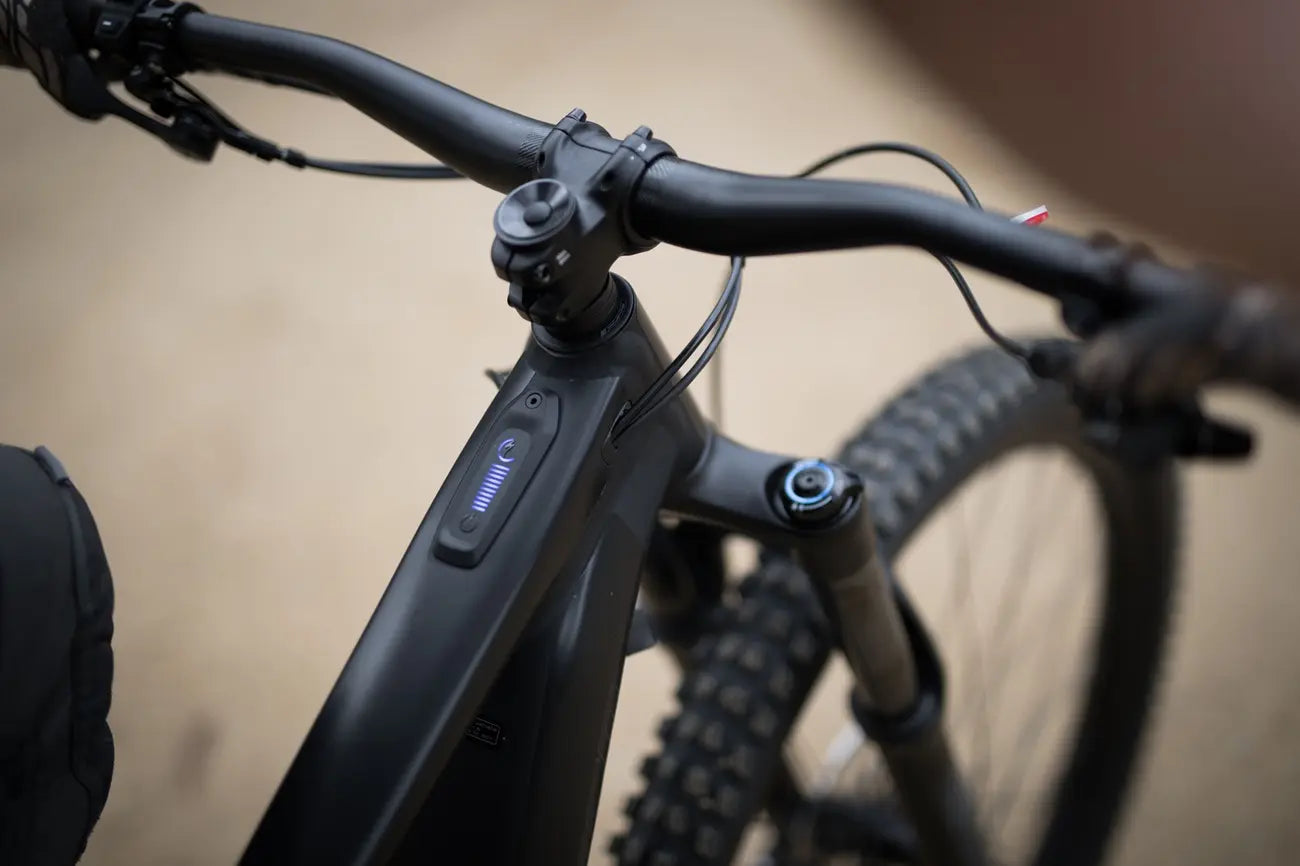
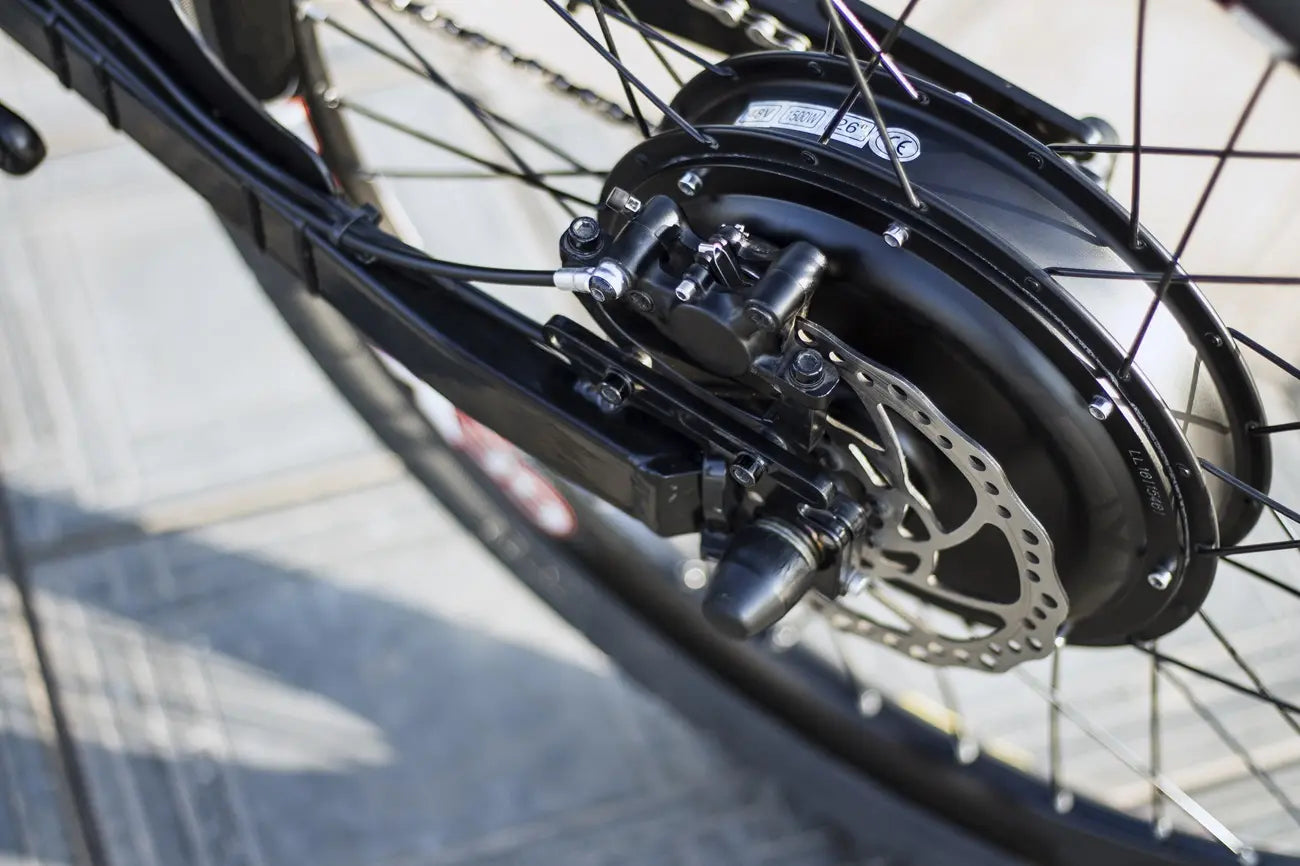
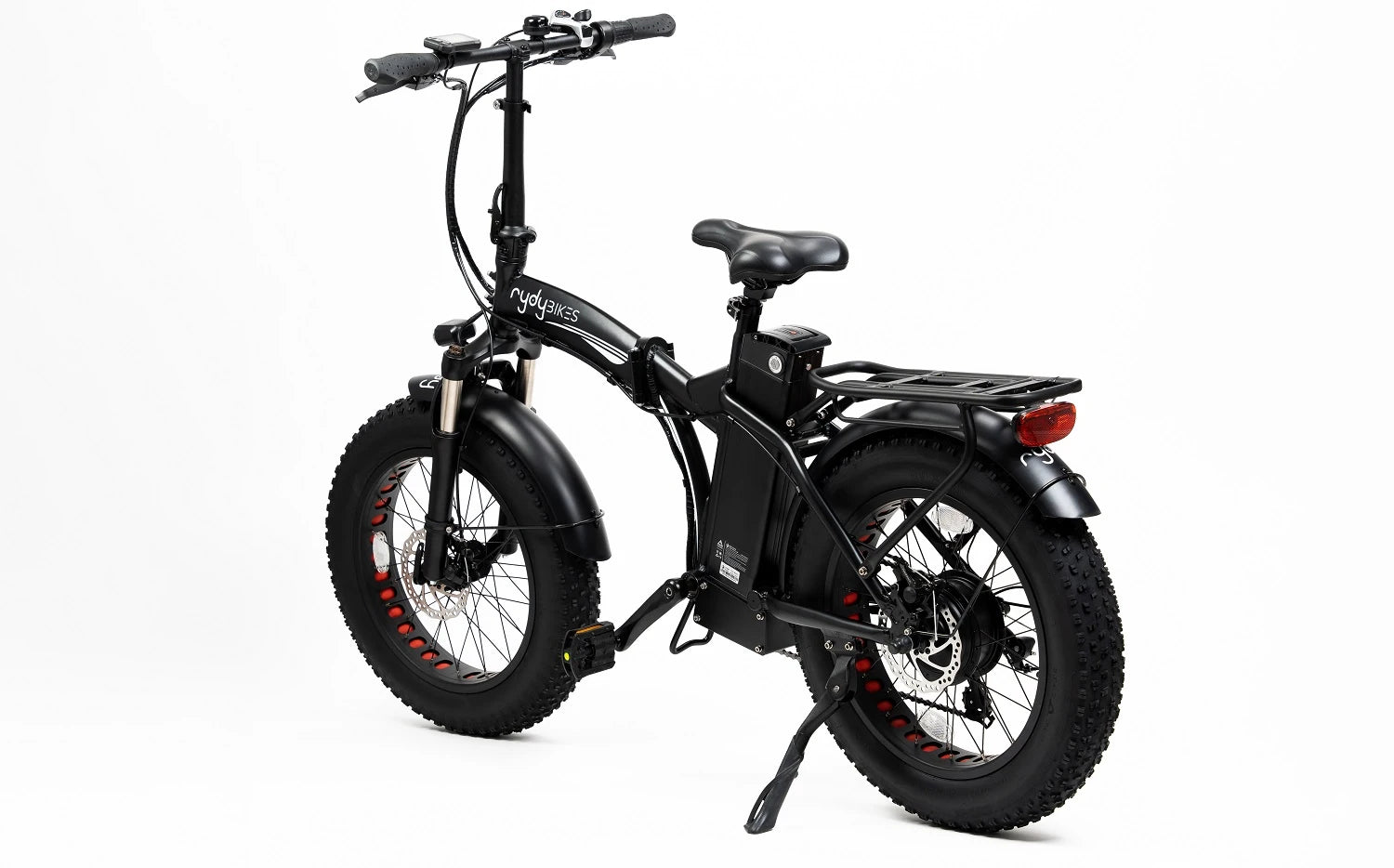


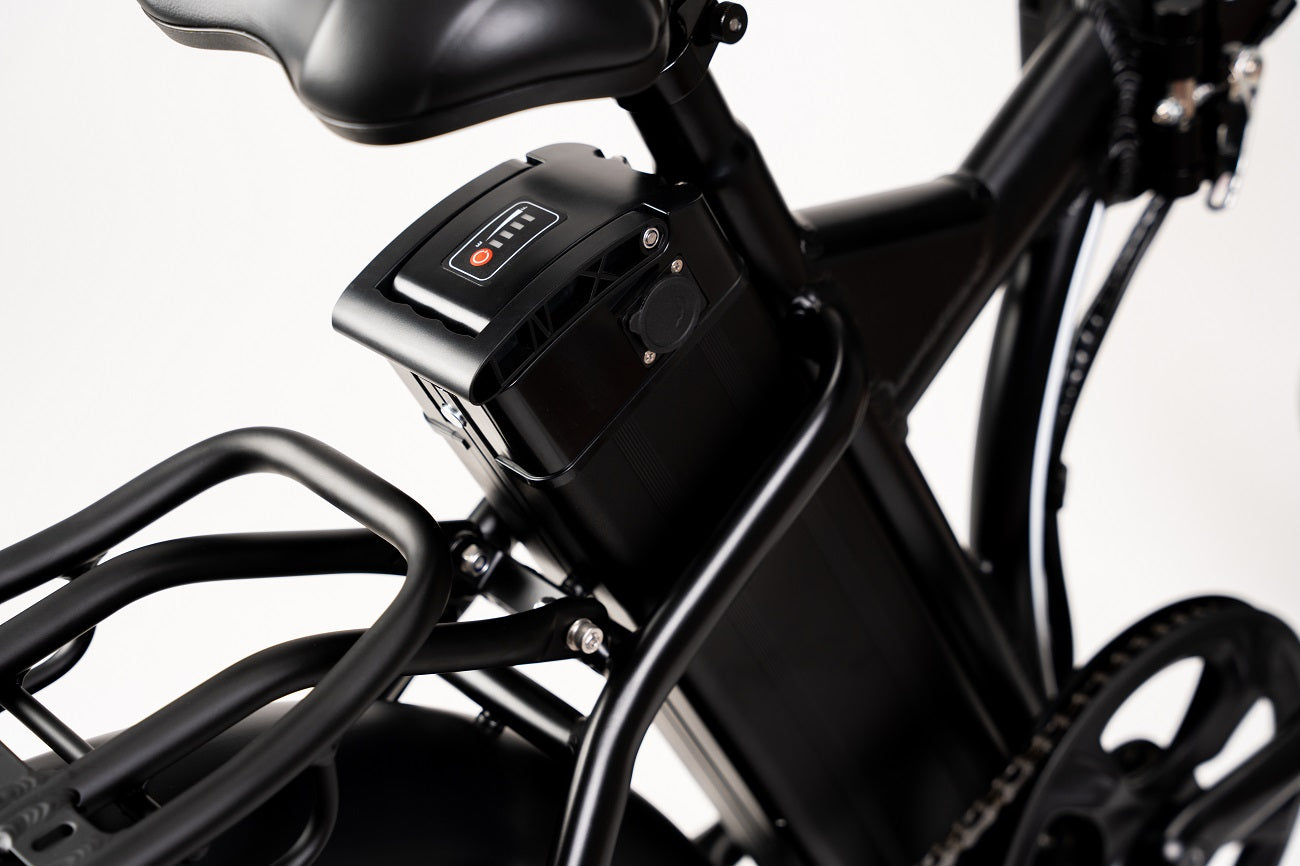


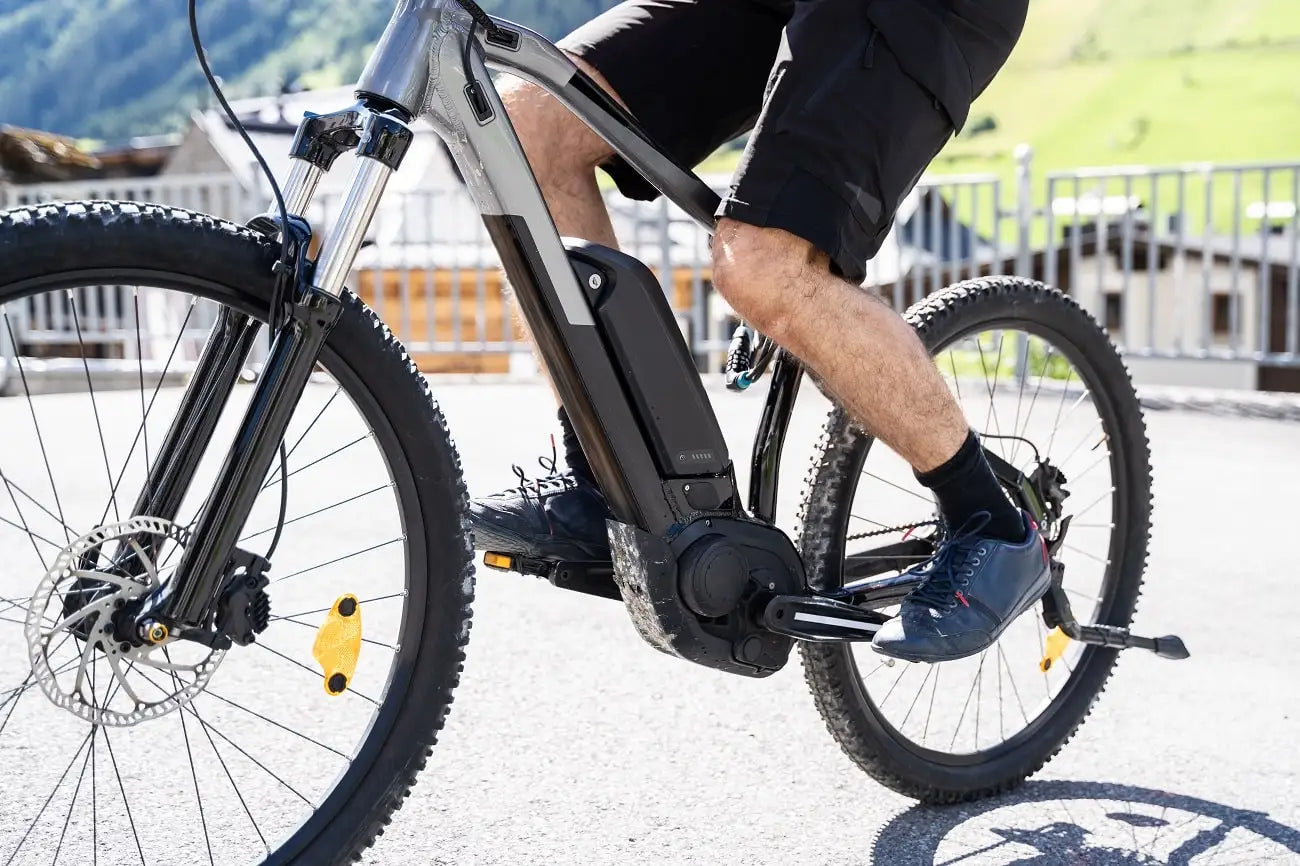
![E-Bike Tax Credit Bill: All You Need to Know About Electric Bicycle Incentive Kickstart Act [2023]](http://rydybikes.com/cdn/shop/articles/e-bike-tax-credit-bill-all-you-need-to-know-about-electric-bicycle-incentive-kickstart-act-2023.webp?v=1695716182&width=1500)
